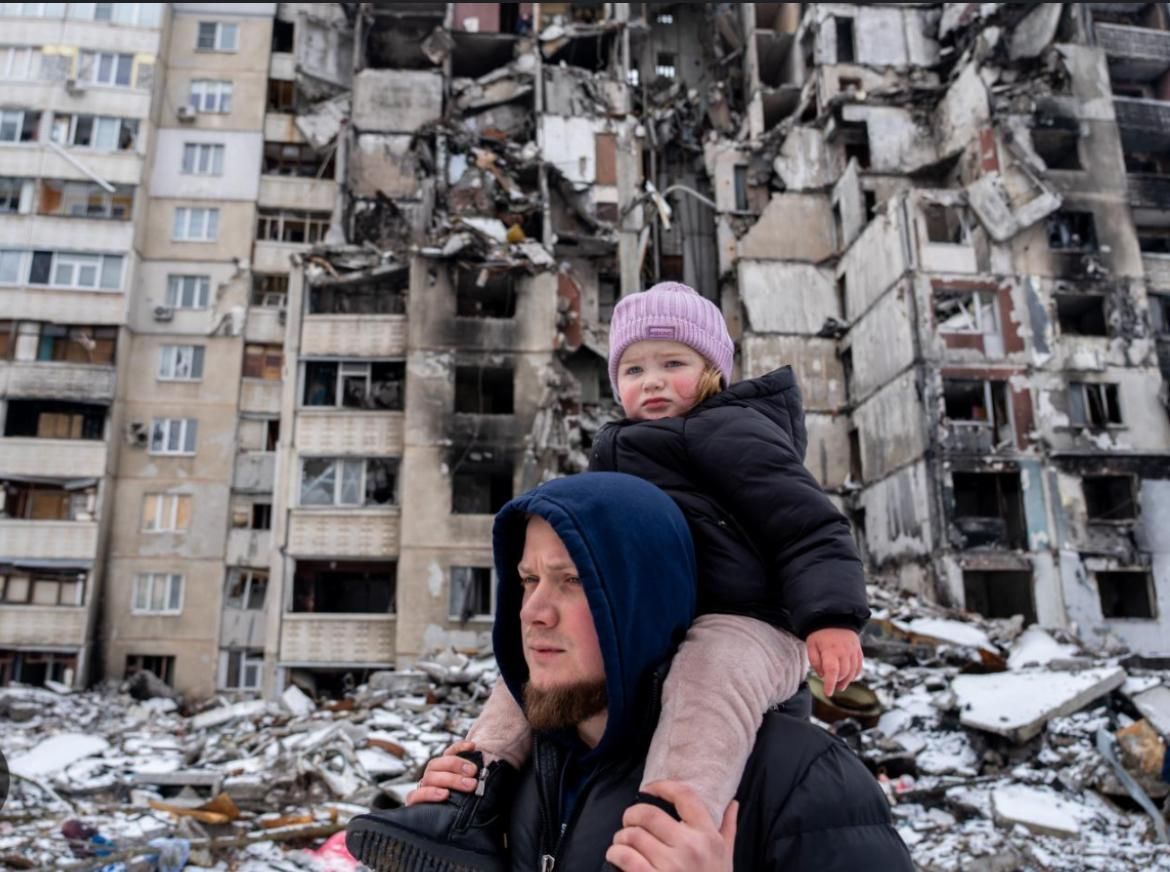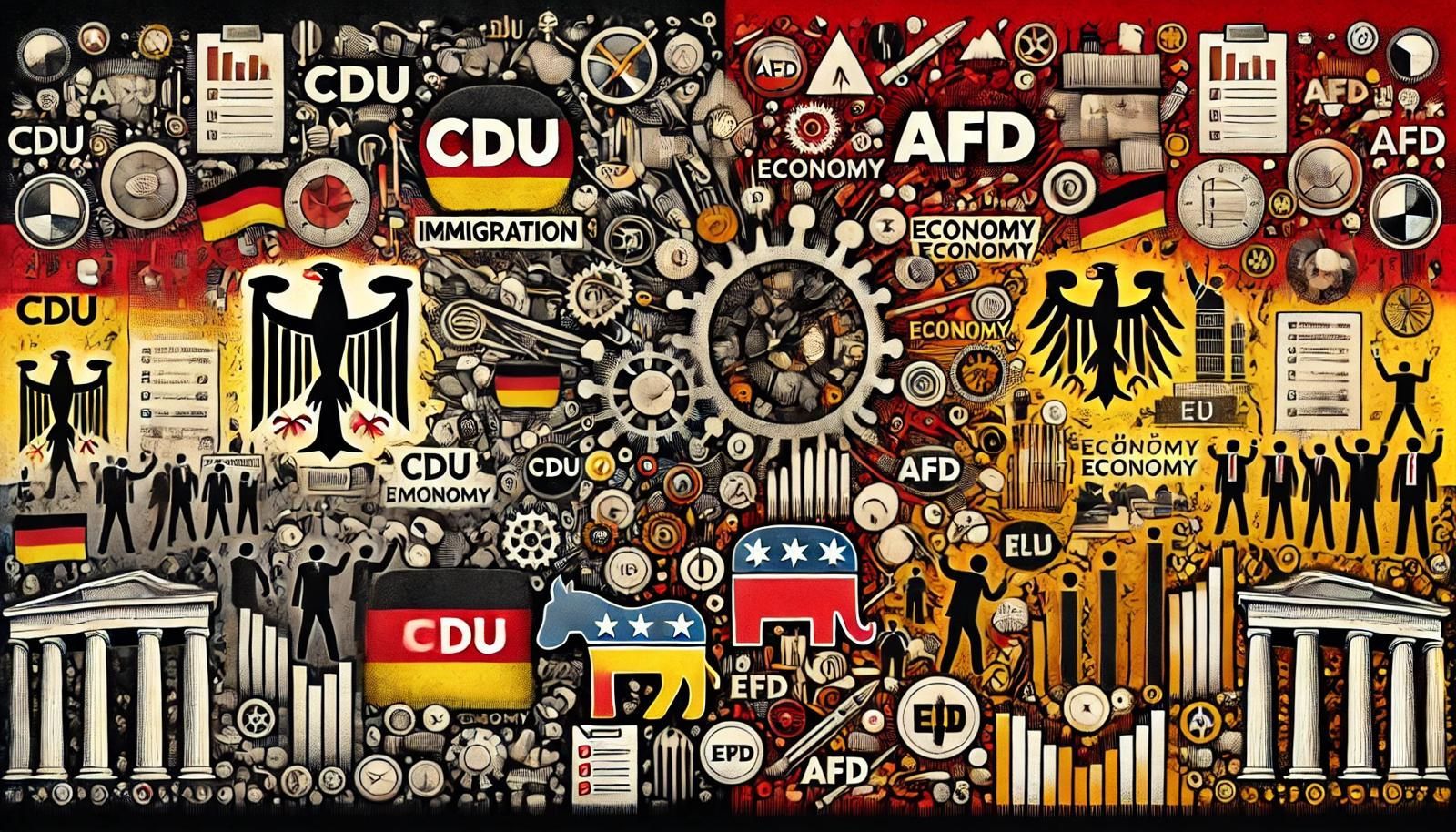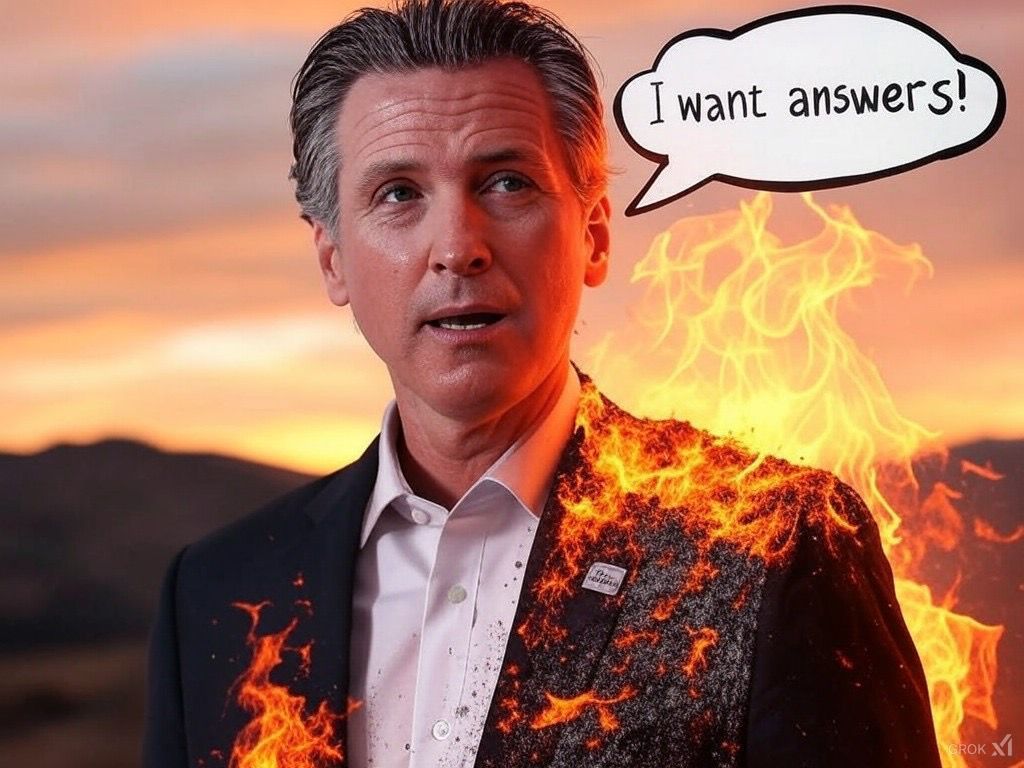By Luis Montenegro
•
March 7, 2025
Russia Should Never Have Invaded Ukraine On February 24, 2022, Russia launched a full-scale invasion of Ukraine, a sovereign nation. This act of aggression has had devastating consequences, not only for Ukraine but for the world. The invasion was unjustifiable from political, legal, moral, and strategic perspectives. Russia Should Never Have Invaded Ukraine Because of: 1. Violation of International Law Russia’s invasion was a clear violation of international law, particularly the United Nations Charter, which prohibits the use of force against the territorial integrity and sovereignty of another state. Ukraine is a recognized independent nation, and its borders were guaranteed by agreements such as the 1994 Budapest Memorandum, in which Russia pledged to respect Ukraine’s sovereignty in exchange for Ukraine giving up its nuclear weapons. By invading, Russia shattered these commitments and set a dangerous precedent for global security. 2. Humanitarian Catastrophe The war has caused immense human suffering. Millions of Ukrainians have been displaced, and thousands of civilians, including children, have been killed. Cities like Mariupol, Bakhmut, and Kharkiv have faced destruction comparable to some of the worst conflicts in history. The invasion has led to war crimes, including targeted attacks on civilian infrastructure, mass executions, and the forced deportation of Ukrainian children to Russia. These atrocities have drawn global condemnation and strengthened Ukraine’s resolve to resist. 3. Strengthening NATO Instead of Weakening It One of Russia’s stated reasons for invading Ukraine was to prevent NATO expansion. Ironically, the war has had the opposite effect. Before 2022, Ukraine was not close to NATO membership, and many European nations hesitated to support further expansion. However, Russia’s aggression convinced Finland and Sweden—previously neutral countries—to join NATO, expanding the alliance’s presence along Russia’s borders. Instead of weakening NATO, Russia’s actions have strengthened it. 4. Economic Devastation for Russia The invasion has triggered severe economic consequences for Russia. Western nations imposed sweeping sanctions, cutting Russia off from global financial systems, restricting its oil and gas exports, and freezing Russian assets. Foreign businesses have left the country, and the Russian economy has suffered from brain drain as educated professionals flee. The war has also drained Russia’s military resources, forcing it to rely on rogue states like North Korea and Iran for weapons. 5. Resistance and Ukrainian National Identity Before 2014, Ukraine had significant political and cultural ties with Russia. However, Russia’s aggression—starting with the illegal annexation of Crimea—has only strengthened Ukrainian nationalism. The full-scale invasion in 2022 solidified Ukraine’s European aspirations and reinforced its determination to break free from Russian influence. The Ukrainian people, led by President Volodymyr Zelenskyy, have demonstrated extraordinary resilience, proving that they will never accept Russian occupation. 6. Global Food and Energy Crises Russia’s blockade of Ukrainian grain exports has contributed to global food shortages, particularly in Africa and the Middle East. Ukraine is one of the world’s largest grain producers, and the war has disrupted agricultural exports, causing price spikes. Additionally, the war has led to an energy crisis as European countries scrambled to reduce their dependence on Russian oil and gas. These disruptions have hurt economies worldwide and increased instability in developing nations. 7. No Justification Holds Up Russia has offered multiple justifications for the invasion—claiming it was about “denazification,” protecting Russian speakers, or preventing NATO expansion. However, none of these arguments hold up under scrutiny. Ukraine is a democracy with no significant “Nazi” influence. Russian-speaking Ukrainians, especially in eastern regions, have suffered the most from Russia’s attacks. And NATO did not pose a direct military threat to Russia. The invasion was ultimately about Putin’s imperial ambitions, not legitimate security concerns. 8. Russia’s Own Future Is at Risk By invading Ukraine, Russia has isolated itself from much of the world, turning it into a pariah state. The war has also exposed deep flaws in its military, with enormous casualties and equipment losses. The longer the war drags on, the more damage it does to Russia’s stability, economy, and future. Even within Russia, opposition to the war is growing, despite government crackdowns on dissent. Conclusion This article does not intend to analyze current peace initiatives from the U.S. or the European Union, but rather to explain why Russia should never have invaded Ukraine. The war has brought immense suffering, economic ruin, and global instability while failing to achieve its objectives. Ukraine has shown that it will not surrender, and the world has largely united in support of its fight for freedom. Instead of pursuing war and imperialism, Russia should seek a path of peace, diplomacy, and cooperation. The sooner Russia ends this unjust war, the better it will be for Ukraine, Russia, and the world. Russia is no longer the second superpower. Ukraine is not winning the war, but has Russia won? Was Russia truly the superpower everyone thought? Russia has caused immense suffering—not only to Ukrainians but also to its own people—losing nearly one million soldiers. The entire world has suffered the consequences. The failure of the Obama administration to act when Russia annexed Crimea, as well as Angela Merkel’s handling of the situation, contributed to this crisis. Slava Ukraini! Luis Angel Montenegro Padilla




